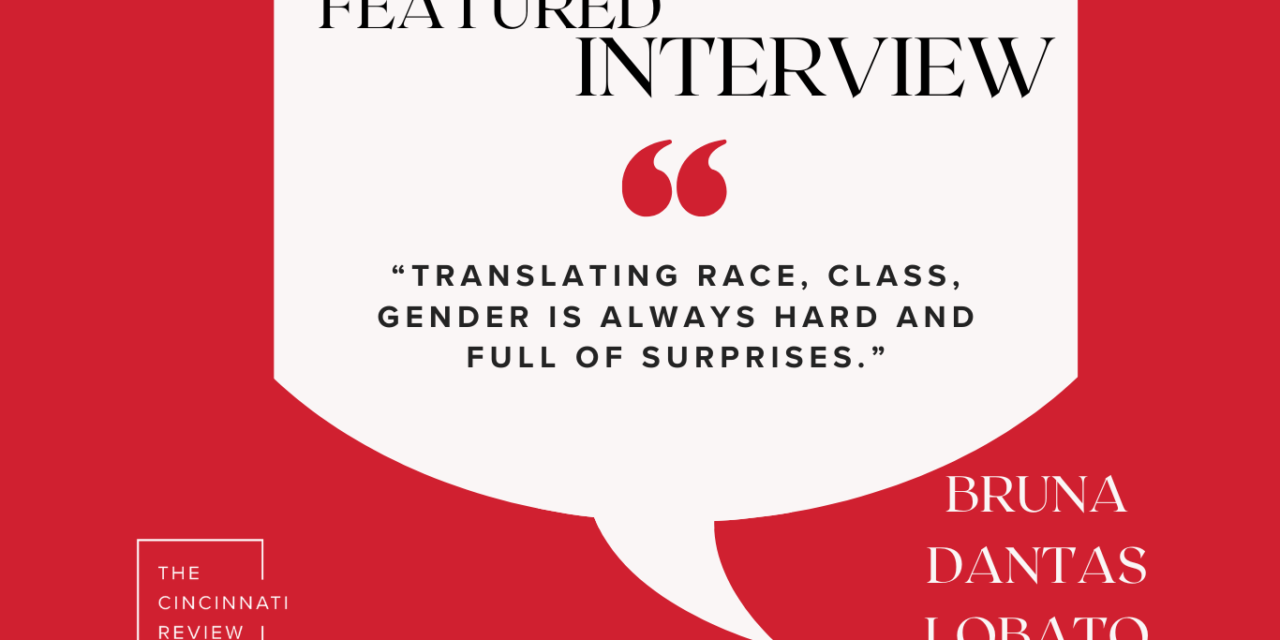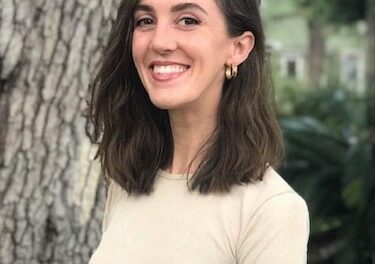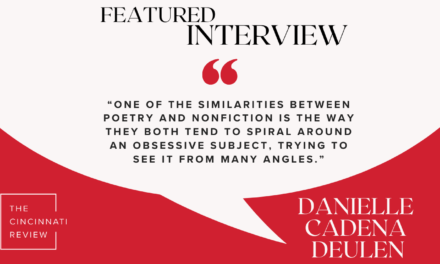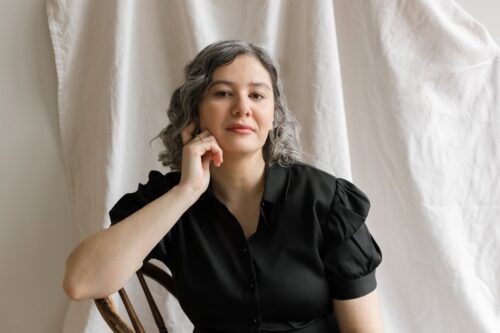
photo by Ashley Pieper
Editorial Assistant Sam Simas: In addition to being a remarkably talented fiction writer, Bruna Dantas Lobato dedicates much of her time to demystifying the business of translation for those new to the craft. I feel grateful to her for addressing a dearth of queer Lusophone literature translated into English. If her translation of Stênio Gardel’s The Words That Remain (New Vessel Press, 2021)—this gorgeous, heartening story of queer love in rural Brazil—is any indication of what we might expect to see in the future, and I believe that it is, then we all have something to look forward to. I corresponded with Bruna about translation and more:
As you know, the book is sophisticated at the sentence level; you move gracefully through tense and point-of-view changes, sometimes in the same sentence. I imagine it must have been difficult to handle these nuances, especially the longer sections with only comma punctuation. How closely were you following the original syntax/grammar? Where did you give yourself some liberty? What were your creative priorities when translating the source material?
Thank you so much. The book is beautiful and irreverent and sometimes my job was just to stay out of its way, as was the case with the tense and point-of-view shifts. But other times I added layers of meaning, played with the order of information, pushed a metaphor—the stuff of translation. My priorities were the emotional effect and sound, so I did a lot of reading out loud in both languages. I wanted to hear the characters speak, to be able to recognize their voices. I couldn’t achieve that without taking some risks in English.
A rather rudimentary question, but one that is important nonetheless: What called to you about A palavra que resta that made you want to translate the work?
Gardel’s language. I’m first and foremost a style-oriented translator and a sucker for a good sentence. The narrator’s lyrical voice in this book was very moving to me, and how the book painted a picture of the place where I grew up in the Northeast of Brazil, how full and real the characters were, how they found themselves in their queerness, and how they found their way to the written word. This book is very interested in language, in how it delights, yes, but also in how imprisons and liberates. I loved it from the first sentence.
What, if anything, do you think may not shine through the translation for an American readership? In other words, were there moments of translating Brazilian culture, particularly queer Brazilian culture and its tensions with rural life, that you feel were difficult to make intelligible?
Queer language doesn’t always travel well. Similar gender identity terms might carry different connotations in different places, etc. For this reason, we ended up not to giving the travesti character in the book any labels, so she could just be and exist in her context. Translating race, class, gender is always hard and full of surprises. I recently wrote a whole essay about translating race and my decision not to capitalize “Black” in The Dark Side of Skin by Jeferson Tenório (Charco Press, 2024). I spent weeks agonizing over this one letter.
I don’t worry this much about other Brazilian cultural markers, though. Some things don’t need to be intelligible as much as felt. Character, style, emotion will come through whether or not the imagined reader understands a specific musical reference, for example. And there’s value in not knowing everything in a book, in feeling uncomfortable and accepting that not every book needs to pander to one kind of reader. I translate with the understanding that there’s nothing inherently wrong with foreignness—with keeping the imagined American reader on the outside once in a while.
I was particularly moved by the “Damião” chapter—the father’s rage, Dalberto’s drowning, and Damião’s subsequent decision to perpetuate violence against his gay son. What are some of your favorite moments of this gorgeous, haunting story?
That scene also really moved me and might be my favorite in the whole book. All the water imagery in the book with the river, the rain, the flood in the earlier chapters, were very powerful and fun to translate. In a way, the entire book is structured around this river and maybe even modeled after it with its cascading sentences, flowy stream-of-consciousness passages, and fluid sense of time.
You have an upcoming book—Blue Light Hours—with Grove Atlantic. What can we look forward to with that title?
I do! It’s out on October 15 and it’s about a Brazilian woman’s first year in college in the US and the relationship she develops with her mother over video calls. So many of us have been living in front of a screen like this for years, long before the Zoom era—that’s where the “blue light” from the title comes from, from this light that’s always shining on them. I wanted to write a book that showed immigration and the mother-daughter bond as I see it, full of yearning to love and be loved across borders.
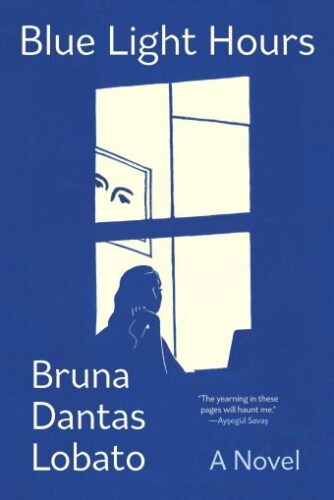
Bruna Dantas Lobato is a writer and translator. Her fiction has appeared in the New Yorker, Guernica, A Public Space, and The Common. In 2023, she was awarded the National Book Award in Translation for The Words That Remain by Stênio Gardel. She was born and raised in Natal, Brazil, and lives in Iowa. Her debut novel, Blue Light Hours, is forthcoming in October 2024 from Grove Atlantic.
Sam Simas is a queer Luso-American writer and translator. His fiction has appeared, or is forthcoming, in New England Review, Copper Nickel, Sycamore Review, and other literary magazines; his writing won Copper Nickel’s Editor’s Prize for Prose, as well as first place in CRAFT Literary’s First Chapters Contest. In summer 2024, he will attend DISQUIET International as a Luso-American Fellow. Sam is a PhD candidate in fiction at the University of Cincinnati.

